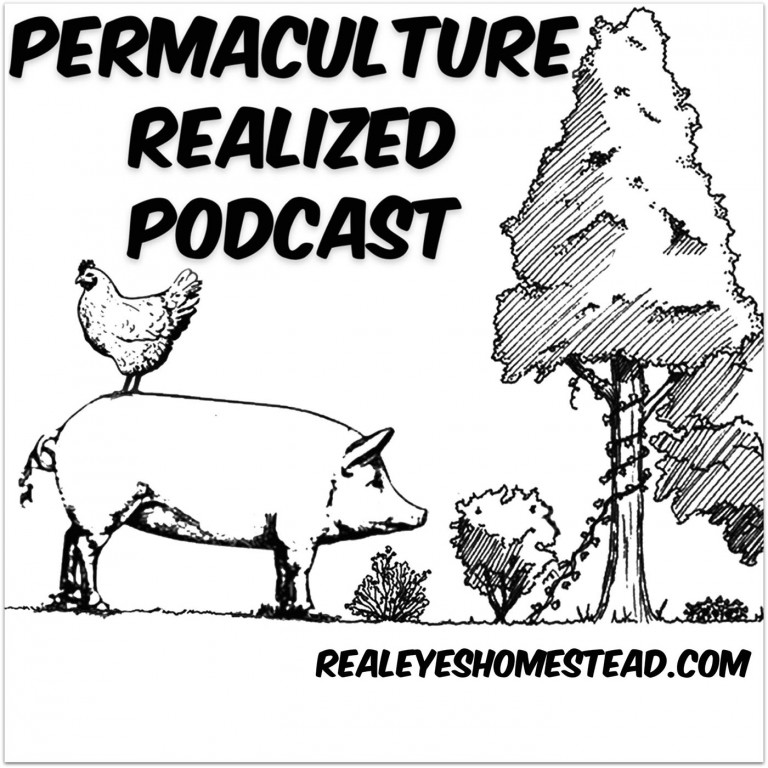A Little Background and History on Gut Microbes
You’ve probably already heard about how our little gut microbes (bacteria, yeast, and other microorganisms) are a big deal! Maybe you’ve looked into probiotics (beneficial microbes) and eating probiotic rich fermented foods like kimchi or fermented beverages like kombucha as you started to learn the health benefits of fermented foods.
We are basically a walking microbe farm. For every 1 human cell in our body we have 10 microbe cells! We have 100 trillion good bacteria alone living in or on us!1
Did you know that archaeological evidence shows that pre-homo sapiens started consuming lacto-fermented foods 1.5 million years BC?2 That is amazing! That is before we learned how to tame fire (0.8 million years BC), before pottery was invented (0.5 million years BC) and before the species Homo Sapiens appeared (200,000 years BC)!!!2
Until recently, humans have had an abundance of probiotic rich fermented foods in their diet. Our GI tract has evolved to adapt to a more or less daily supply of live probiotics. The consumption of large amounts of fermented foods decreased significantly in the 20th century after the industrial revolution. The industrial revolution led to the advent of processed, packaged, convenient foods. These foods contain preservatives therefore traditional preservation techniques like fermentation are no longer necessary. Could our decline in health especially intestinal and immune health be related to the decline of probiotic rich foods in our diet?
Microbes and Health – Dysbiosis
Not only is it a good idea to eat fermented foods or to consume probiotic supplements to ensure you get the good microbes into your gut but also so that you keep the bad ones out. Dysbiosis is a microbial imbalance on or within the body or an overgrowth of “bad” microbes which can lead to health issues. I put bad in quotations because we all have a little bit of the “bad guys” in our gut and that is okay. It’s severe when they get out of control and out compete the “good guys”. For example, most of us know that a candida (yeast) overgrowth is bad, but most of us have some candida in our guts and that is okay as long as the other microbes in our gut keep candida at bay.
So what can lead to the “bad guys” out numbering the “good guys”? A diet rich in processed, refined foods, and/or a diet rich in sugar can lead to this, as these foods feed the “bad guys”. Use of antibiotics can also lead to dysbiosis.4 Antibiotics are nondiscriminatory; they kill both the “good guys” and the “bad guys”. This can lead to the “bad guys” growing back more robust than the “good guys” especially when someone is on the standard American diet (SAD) full of refined carbohydrates and sugar. Drugs including pain medications, vaccines, and alcohol can lead to an imbalance of gut microbes. Psychological stress can also contribute to dysbiosis.4
Signs of dysbiosis vary by individual. It can manifest in a variety of ways including digestive issues, skin issues, mood issues, and can contribute to the onset of autoimmune conditions. Autoimmune conditions have been related to intestinal permeability issues.5 Research has also shown that “increased intestinal permeability precedes clinical onset of type 1 diabetes”.6
Microbes and Health – Leaky Gut and Autoimmune
The gut lining is maintained by the gut microbes. When there is an imbalance of gut microbes then the cells of the gut lining can start to deteriorate. This can lead to leaky gut (increased intestinal permeability), meaning that things that should not normally pass through the gut lining can start to pass through, like undigested food particles. This, as you can imagine, can lead to a myriad of issues including food sensitivities and autoimmune disease.
Autoimmune disease is when the body starts to attack its own self. Hoshimotos thyroiditis, for example, is an autoimmune disease where the immune system attacks its own thyroid. Two examples of how autoimmune can start in the gut due to dysbiosis and leaky gut are mimicry and toxin exposure.
Mimicry can occur when an undigested food particle passes through the gut lining. The immune system does not recognize the undigested food particle because it is not fully digested and should not be in the bloodstream. The immune system then labels it as an invader and creates antibodies against it. Since food is made out of the same building blocks we are made out of, it can resemble our own body’s proteins. When this mimicry happens the antibodies that were created can attack our own proteins.
This is similar to what happens with toxins. Toxins can pass through the gut lining when it is leaky and then attach to proteins. When they attach to our native proteins they change their three dimensional shape and the immune system no longer recognizes the protein as our own but as an invader and creates antibodies against it.
What Can We Do?
So how can we prevent leaky gut? Some ways to keep microbes happy and healthy include eating a variety and abundance of probiotic rich fermented foods, you can find a list of fermented foods here. Avoiding refined carbohydrates, processed foods, and sugars also benefits your gut microbe balance. Making sure to include not only probiotics but also prebiotics (foods that feed gut microbes) which include foods that are high in fiber; chicory root has a very high percentage of prebiotic fiber per gram.3 Lastly, avoiding stress, pharmaceutical drugs (especially antibiotics), and alcohol will also do a lot of good for your population of gut microbes.
Sources
- In Good Health? Thank Your 100 Trillion Bacteria
- Handbook of Fermented Functional Foods
- Foods Containing Prebiotics
- The causes of intestinal dysbiosis: a review.
- Mechanisms of Disease: the role of intestinal barrier function in the pathogenesis of gastrointestinal autoimmune diseases
- Increased intestinal permeability precedes clinical onset of type 1 diabetes







